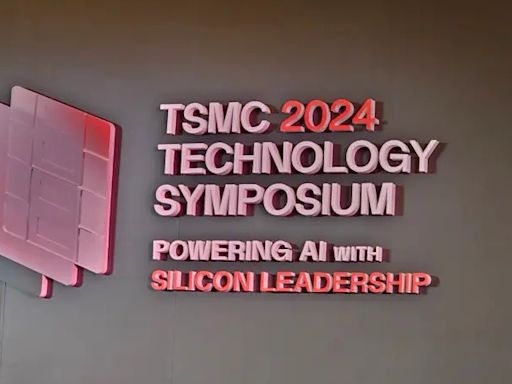搜尋結果
This page was last edited on 12 December 2023, at 05:47. Copyright Information This page has been accessed 58 times. Privacy policy About the P2P Foundation Wiki
This page was last edited on 29 May 2023, at 13:49. Copyright Information This page has been accessed 161 times. Privacy policy About the P2P Foundation Wiki
In this important book, professor may not only engages with classic thinkers in political sociology, Max Faber, Daniel Bell, Frankfurt School philosophers and so forth.
Encyclopedia. P2P History. P2P Technology Theory. Policy.
- Concept
- Discussion
- Policy
- Books
Definition
Bru Laín Escandell: "Urban commons should be seen as: “those social institutions that, beyond to those property regimes in which they are enrolledin, are managed by local, communitarian and participative social practices in seeking to buildresponses to a given demands or social necessities, and characterized by a non-commercialmanagement of the resources they provide, as well by forms of sharing time, goods andknowledge nor regulated by the state, neither by the markets."(https://www.academia...
Description
Philip Cryan: "Many commons-based solutions have been advanced in efforts to revitalize and empower urban communities, even if citizens and grassroots organzations don’t necessarily use the language of the commons. A commons-based society is one that values and protects commons assets, managing them for the benefit of the common good. Market-based solutions can be valuable tools as long as they do not undermine the strengths of the commons itself.The transition to a commons-based society woul...
Seeing the Urban as a Commons
By Vinay Gidwani, Amita Baviskar: "As Karl Polanyi (1944: 72) argued, labour and land are “fictitious commodities”, for “labour is only another name for a human activity which goes with life itself… nor can that activity be detached from the rest of life…; land is only another name for nature, which is not produced by man”. Many current campaigns to resist incorporation into the widening circuits of capitalism are grounded in a shared commitment to keeping alive “the commons” and the collecti...
Seeing the whole city as a commons
On the views of Christian Iaione and Sheila Foster, by Ieva Punyte: "Having stressed that cities lose their citiness when their inhabitants are deprived of their right to the city, the ’Urban Commons’ phenomenon appears as a progressive way to address inclusive, collective ownership as well as introduce democratic renewal. Urban Commons has been formulated by, among others, Sheila Foster, professor of Real Estate, Land Use and Property Law at Fordham University New York, and Christian Iaione,...
Six Policy Priorities
Philip Cryan: "What kind of new urban strategies work best in achieving the economic, political and commons-based goals embodied in this bold declaration? That is the question this report seeks to propose some answers to. After evaluating dozens of groups across the nation dedicated to the idea that their cities should by governed of, by and for the people, six promising strategies emerged: 1.) Local Production for Local Needs The community as a whole determines which of the things they value...
Urban Commons
* Book: Urban Commons: Rethinking the City. Ed. by Christian Borch and Martin Kornberger. Routledge, 2015 URL = https://zajednicko.org/mreznabibliografija/wp-content/uploads/sites/2/2018/04/Urban-Commons-Rethinking-the-City.pdf "This book rethinks the city by examining its various forms of collectivity their atmospheres, modes of exclusion and self-organization, as well as how they are governed – on the basis of a critical discussion of the notion of urban commons. The idea of the commons has...
"Which ingredients of a cooperative community project most help it succeed? What are urban commons and how do they fit into current activist and civil society debates? And what tools and methods do commoners need to strengthen their work? These are the three questions at the heart of The Urban Commons Cookbook, a handbook for those interested in starting and growing community-led projects."
Description. ""Over the last century, a new cosmology has emerged in science, one in which the universe is not static. It actually had a beginning and has been transforming ever since. The human, in this model, emerged out of, and is part of, the universe, not radically separated from the rest of the universe.
Ecology. Books.

